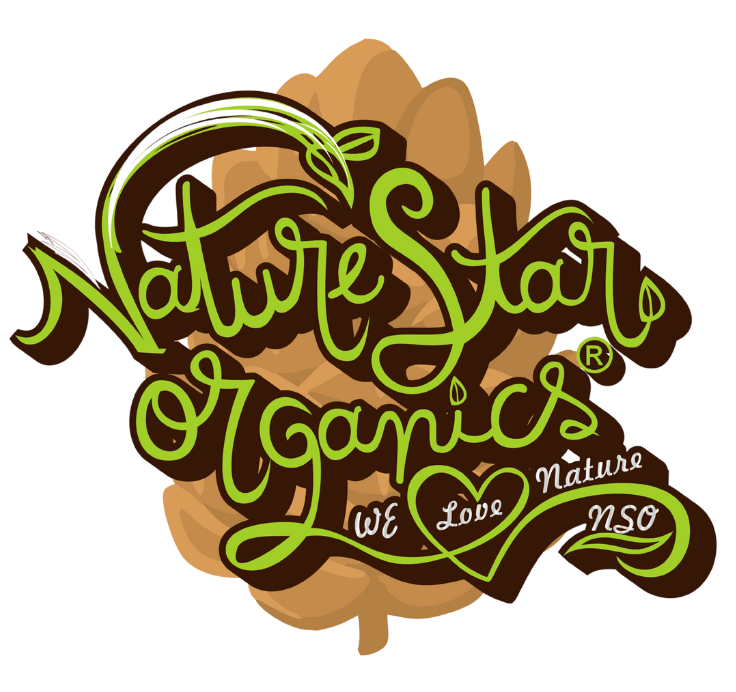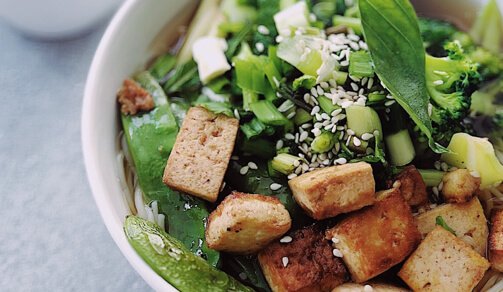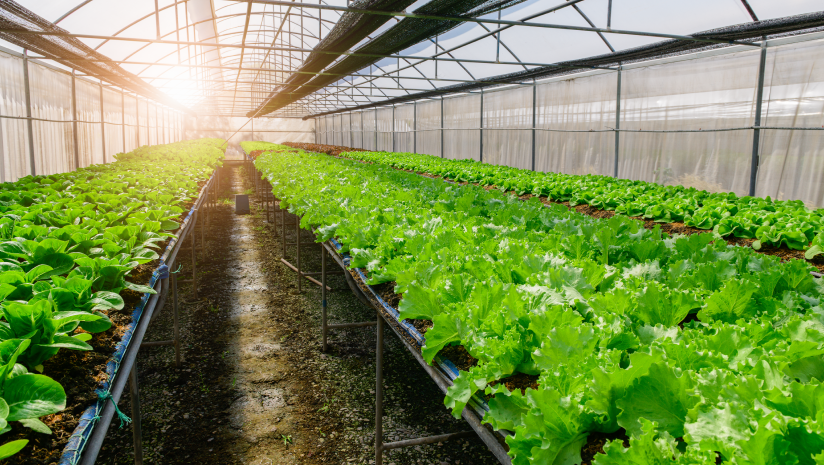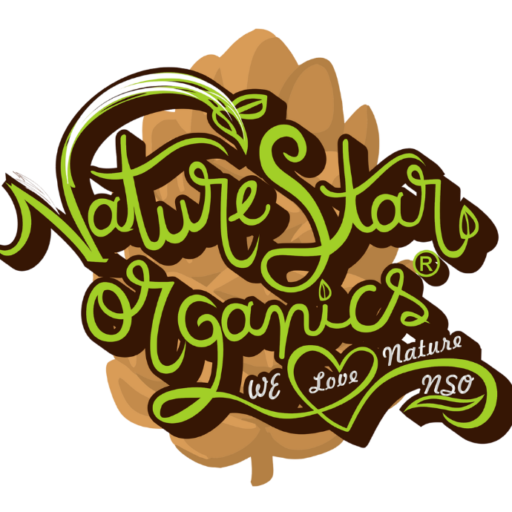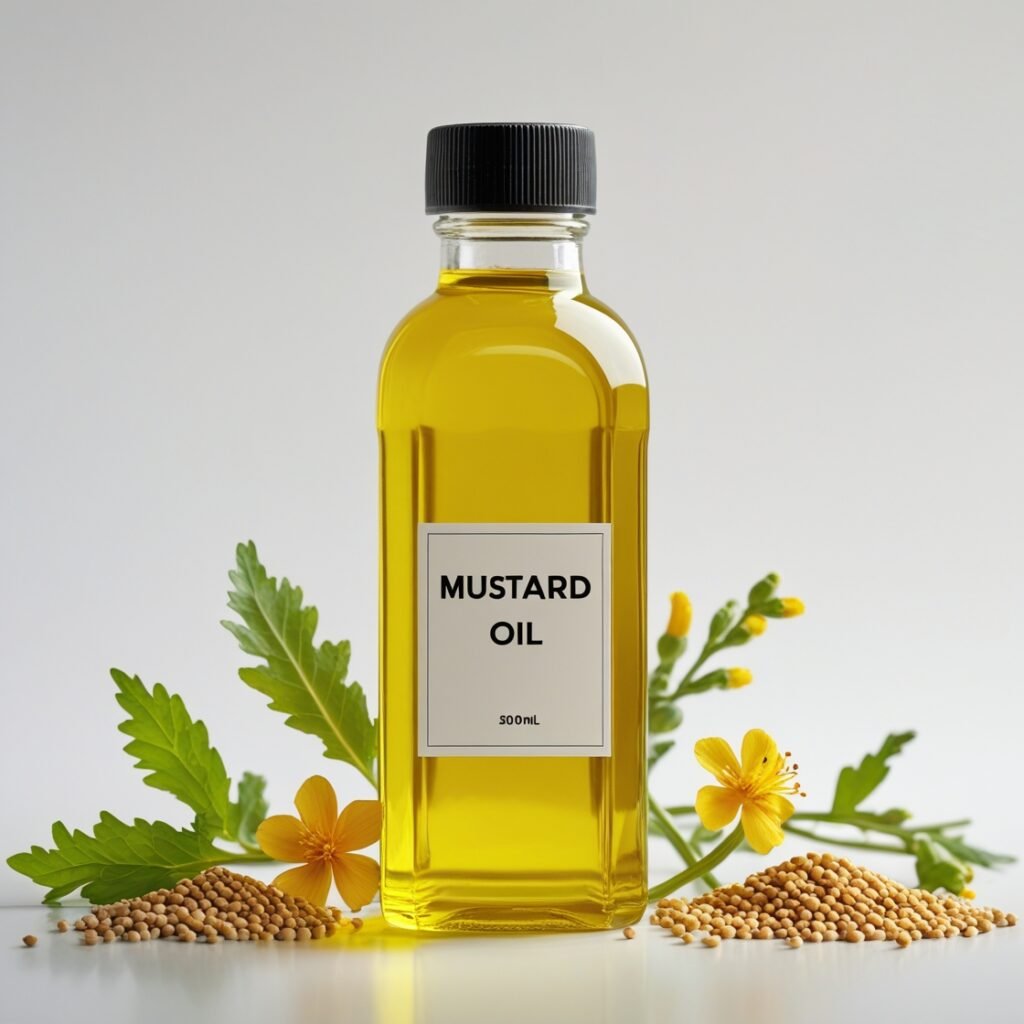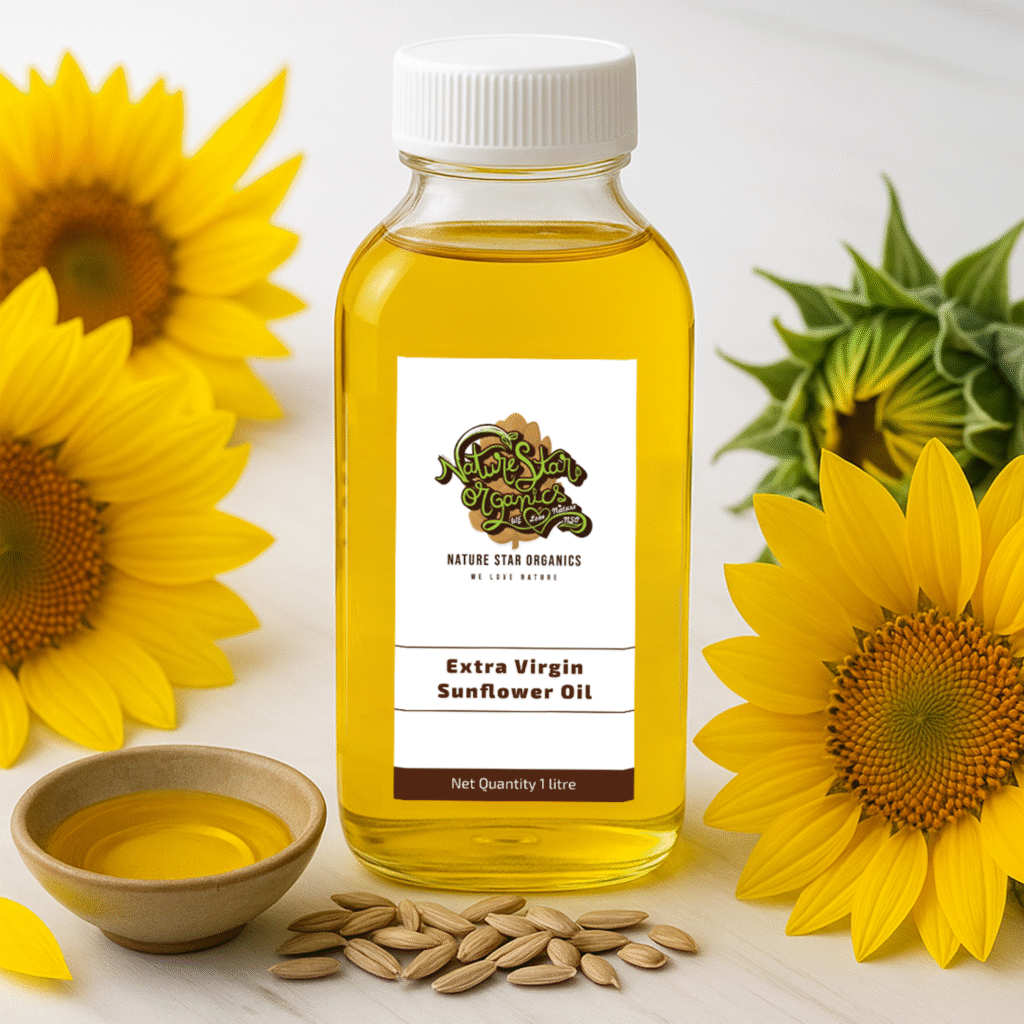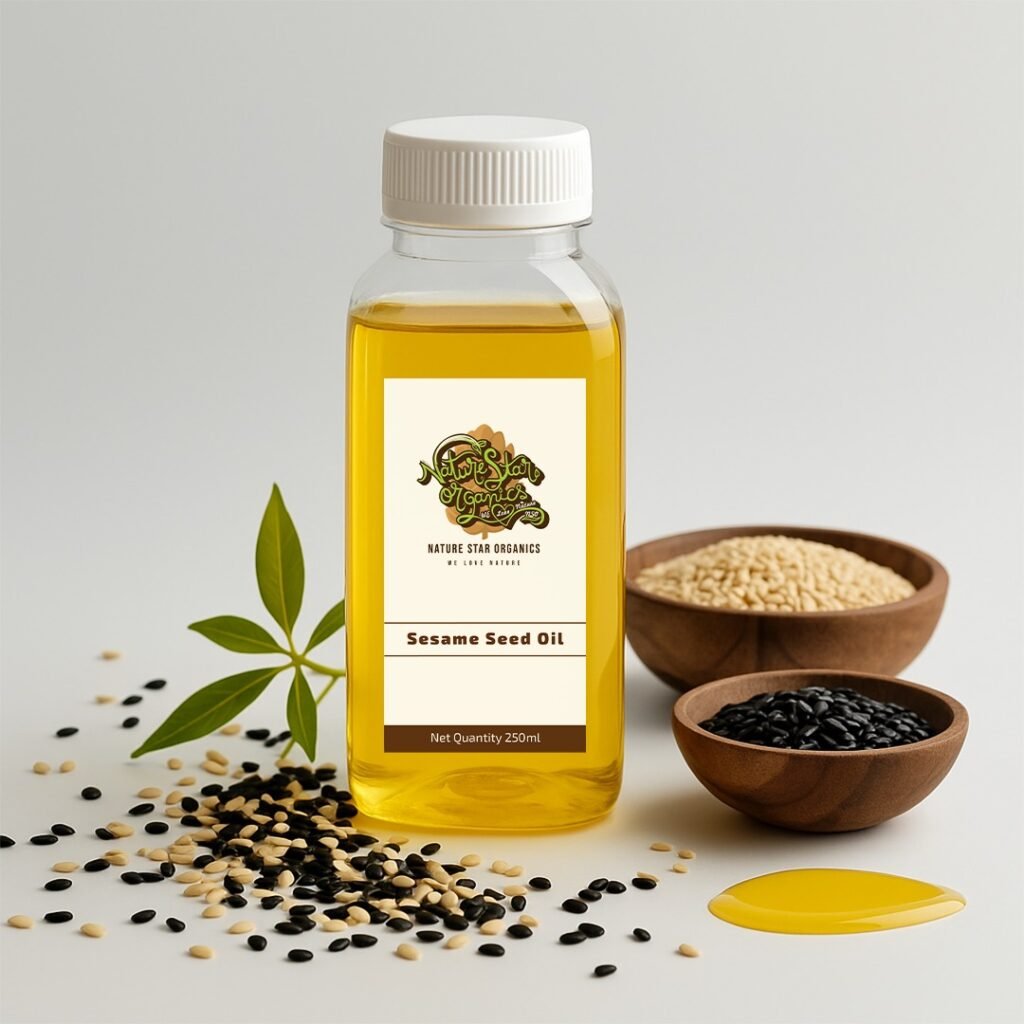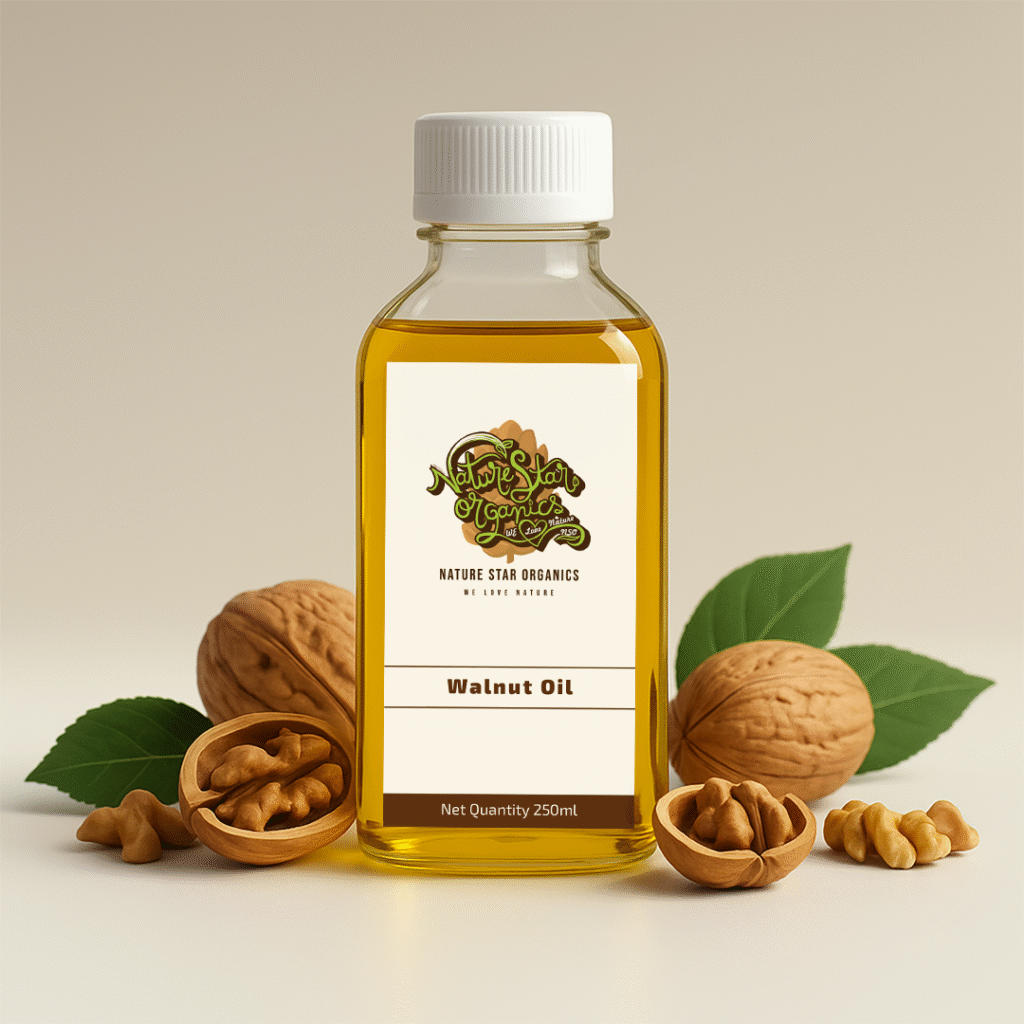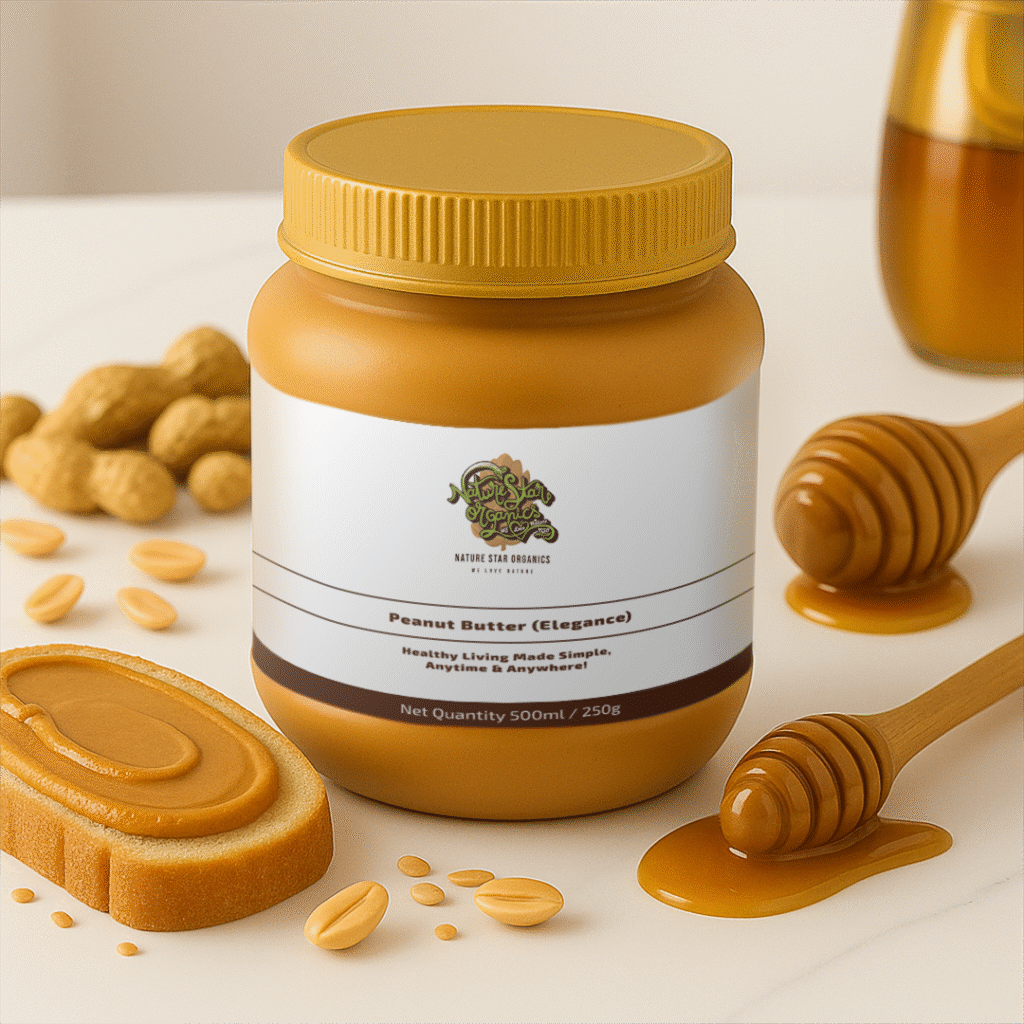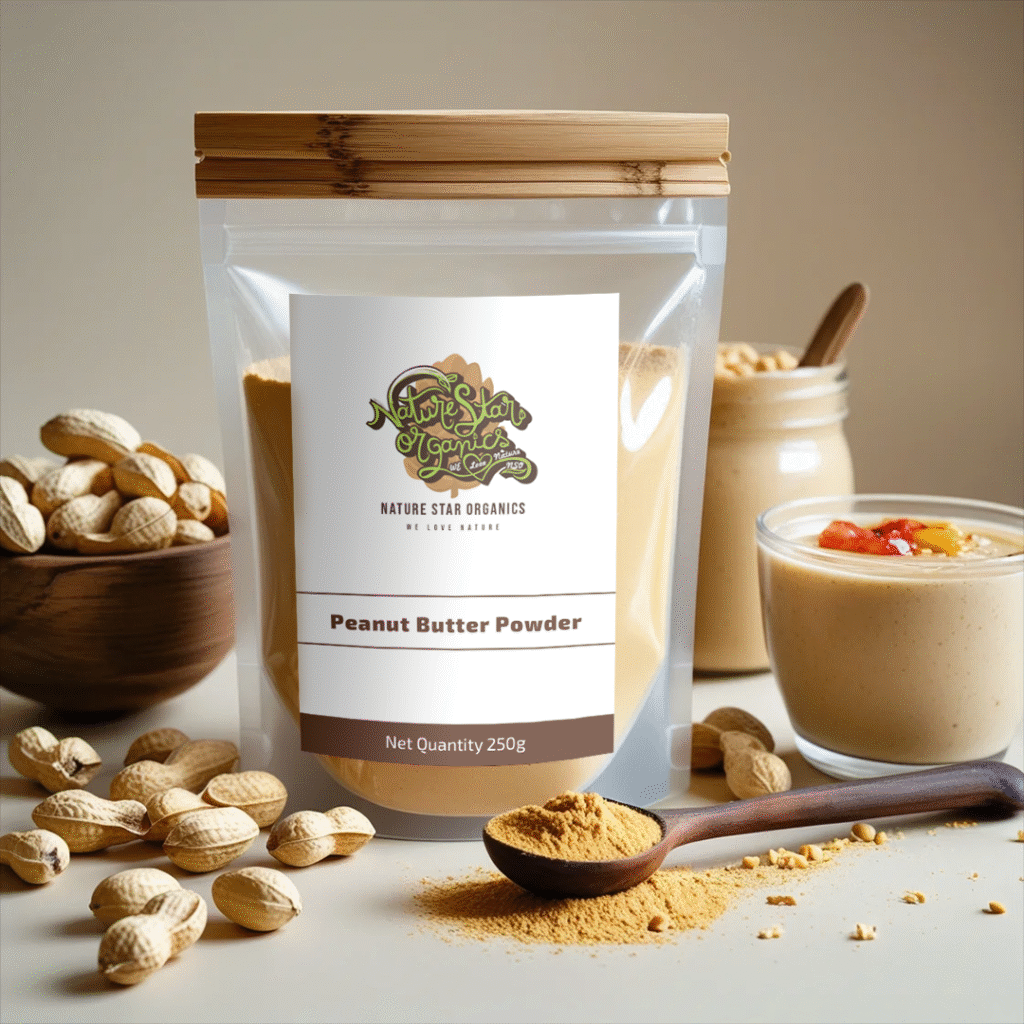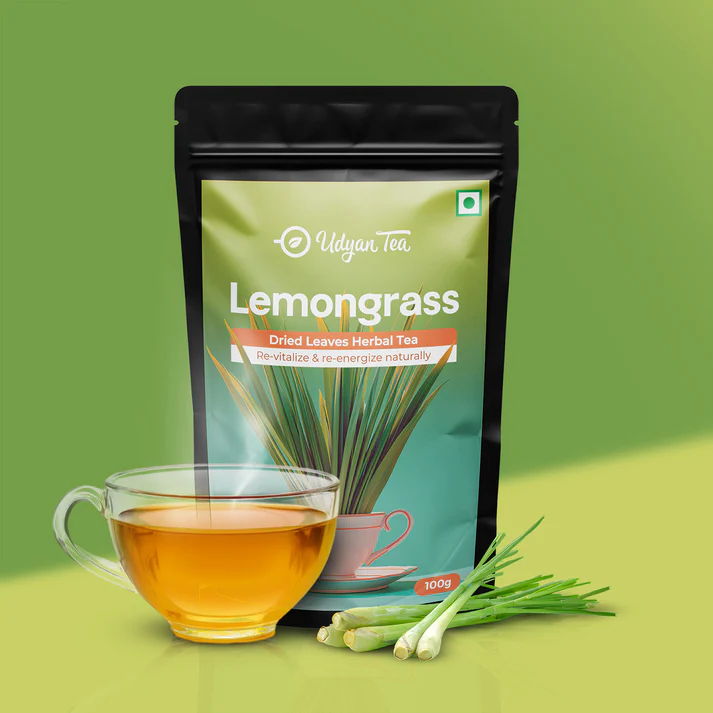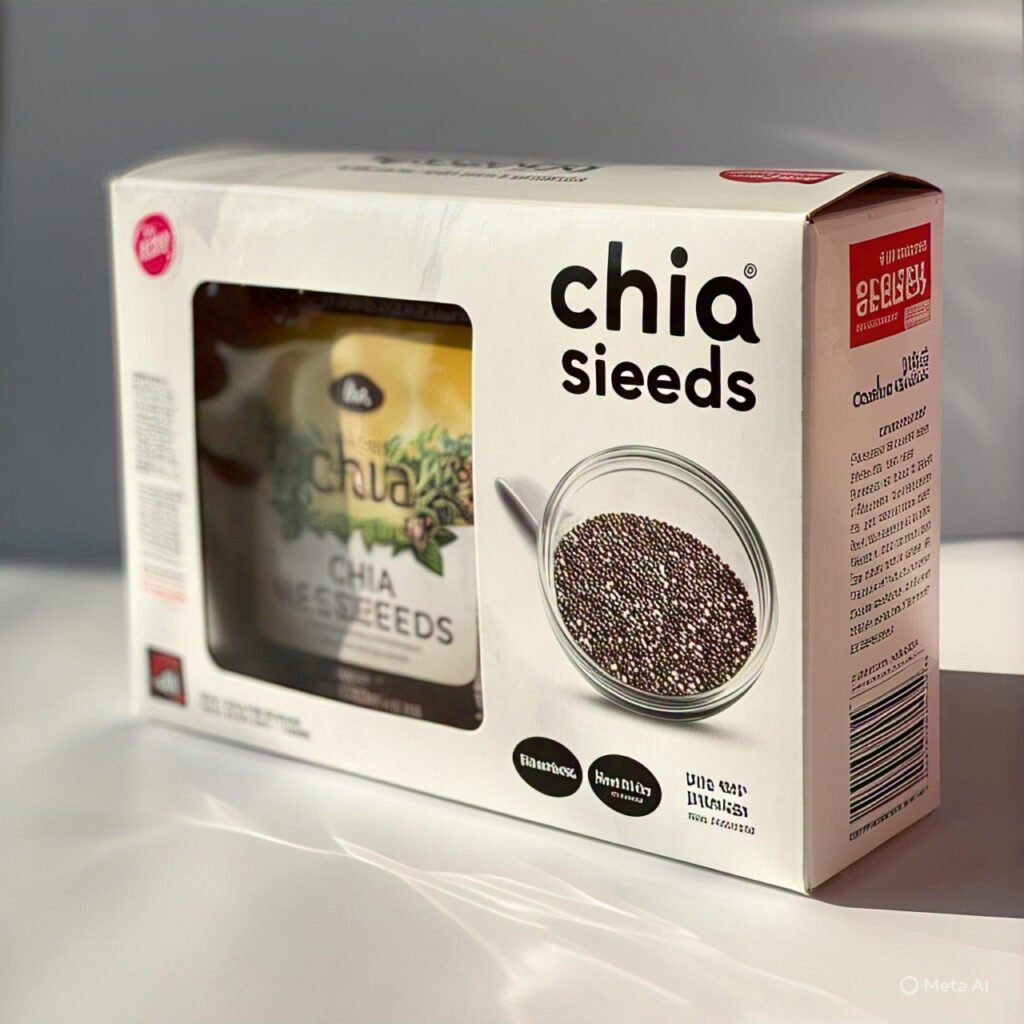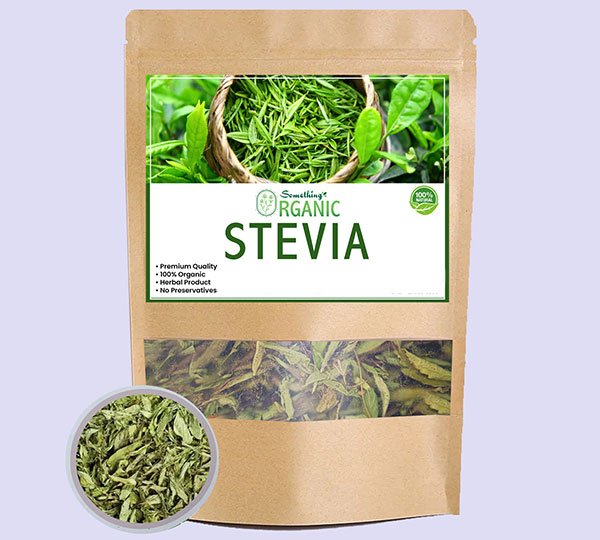Organic Pantry Staples You Shouldn’t Live Without
Organic Pantry Staples You Shouldn’t Live Without
In today’s world of fast food and processed meals, creating a healthy kitchen starts with what’s in your pantry. Stocking up on the right organic pantry staples not only makes daily cooking easier, but also ensures that every bite you eat supports your well-being. A well-stocked organic pantry is the foundation of any nutritious and sustainable lifestyle. With more people becoming conscious of what they eat, these staples are not just a trend—they’re a necessity.
Why an Organic Pantry Matters
The heart of a wholesome kitchen lies in its ingredients. An organic pantry is filled with items free from synthetic pesticides, artificial additives, and genetically modified organisms (GMOs). These ingredients retain their natural flavors and nutrients, making every dish you prepare healthier and tastier. Organic staples are also grown using sustainable methods, which benefit the environment and support ethical farming practices.
When you shift to an organic pantry, you take control of your health. You avoid harmful residues found in conventional foods and fuel your body with ingredients that are closer to nature. Whether you’re preparing a quick lunch or a hearty dinner, organic staples make the difference between just eating and truly nourishing your body.
Must-Have Organic Pantry Staples
Let’s dive into the essential organic staples that should always have a place on your shelves:
- Organic Whole Grains
Brown rice, quinoa, oats, and barley are must-haves. These whole grains are rich in fiber, protein, and vital nutrients. Unlike refined grains, organic whole grains help regulate blood sugar levels and keep you full longer. Use them in salads, soups, breakfast bowls, or as side dishes for your main meals.
- Organic Legumes
Chickpeas, black beans, lentils, and kidney beans are protein powerhouses and pantry-friendly. They’re great in stews, curries, salads, and even veggie burgers. Opting for organic ensures you’re getting clean, pesticide-free protein with every bite.
- Organic Herbs and Spices
Flavor is everything, and a dash of the right spice can elevate any dish. Organic herbs and spices like turmeric, cumin, oregano, cinnamon, and basil not only enhance flavor but also come with numerous health benefits. Turmeric is known for its anti-inflammatory properties, while cinnamon helps regulate blood sugar.
- Organic Flours and Baking Essentials
If you love to bake or enjoy homemade meals, organic flours like whole wheat, almond flour, or coconut flour are essentials. Don’t forget baking powder, baking soda, and natural sweeteners like coconut sugar or maple syrup. With these organic staples, baking becomes healthier and guilt-free.
- Organic Oils and Vinegars
Healthy fats are crucial, and an organic pantry should include extra virgin olive oil, coconut oil, and avocado oil. These oils are perfect for cooking, roasting, or salad dressings. Organic apple cider vinegar and balsamic vinegar also add depth to your meals and aid in digestion.
- Organic Nuts, Seeds, and Nut Butters
Walnuts, almonds, chia seeds, flaxseeds, and organic nut butters like almond or peanut butter are rich in healthy fats, fiber, and protein. They’re great for snacking, baking, and smoothies, making them incredibly versatile.
- Organic Canned or Jarred Goods
Tomatoes, coconut milk, vegetable broth, and organic sauces are great to have on hand for quick meal prep. When you choose organic versions, you’re skipping unnecessary additives and preservatives that are common in conventional canned foods.
- Organic Tea and Coffee
Your pantry isn’t complete without beverages. Choose organic tea and coffee to avoid chemical residues and support eco-conscious farming. Herbal teas also offer health benefits, from improved digestion to reduced stress.
How to Build and Maintain an Organic Pantry
Transitioning to an organic pantry doesn’t mean you have to toss everything overnight. Start by replacing staples as you run out of them. Prioritize items you use often and those most likely to contain pesticide residues—like grains, beans, and snacks. Keep an eye on expiration dates and store items in airtight containers to retain freshness.
When shopping, look for certified organic labels and read ingredient lists carefully. Shopping in bulk can also help save money on organic goods while reducing packaging waste.
Final Thoughts: Invest in Your Health, One Staple at a Time
Creating and maintaining an organic pantry is one of the best decisions you can make for your health and the planet. It’s a long-term investment that pays off in the form of better energy, fewer illnesses, and a stronger connection to your food. Each organic item you add to your pantry replaces a processed or pesticide-laden counterpart, moving you one step closer to a cleaner, more mindful lifestyle.
Start small, stay consistent, and enjoy the transformation—because a well-stocked organic pantry isn’t just a convenience; it’s a lifestyle upgrade.

